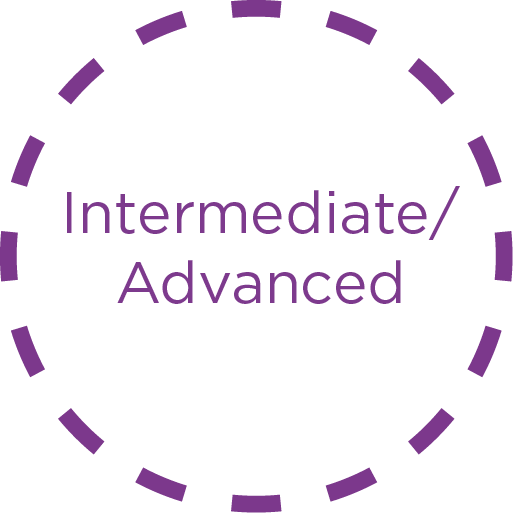Intermediate – Advanced with Robert Shapiro: Aleyn vi a shteyn: Leynen a voliner melameds zikhroynes in ksav-yad (Alone as a Stone: Reading a Voliner Melamed's Memoirs): Sunday 12:00 – 1:30 PM
Sunday 12:00 – 1:30 PM: Oct. 27, Nov. 3, 10, 17, 24, Dec. 1, 8, 15, 22, 29
Course Goals: We will read and discuss the handwritten memoir of a pre-1939 melamed from the Volin region of Poland. His memoir is not written according to YIVO klal-yidish rules, but phonetically reflecting the Volin Yiddish dialect of what is now northwestern Ukraine. The memoir describes the melamed's family life, education, and employment as a Yiddish elementary teacher in both traditional khedorim and secular Yiddish schools under the Soviets, his experiences in the Soviet Union and fighting the Germans until 1944, when he learned of the fate of his family, his migration to a Jewish DP camp near Munich where he resumed teaching surviving Jewish children in Yiddish. Later chapters of the memoir describe immigration to New York City, teaching at the Yeshiva of Flatbush, followed by operating a grocery store that eventually grew into a network of 48 supermarkets.
Course Tools: Students will be provided with scans from the handwritten manuscript to read and prepare for class discussion. This class provides an opportunity to read a fascinating story, practice reading handwritten Yiddish, and learn aspects of the Voliner Yiddish dialect.
Additional Info: This course is suitable for those who have completed Intermediate or Advanced Yiddish courses or the equivalent.
Sunday 12:00 – 1:30 PM: Oct. 27, Nov. 3, 10, 17, 24, Dec. 1, 8, 15, 22, 29
Course Goals: We will read and discuss the handwritten memoir of a pre-1939 melamed from the Volin region of Poland. His memoir is not written according to YIVO klal-yidish rules, but phonetically reflecting the Volin Yiddish dialect of what is now northwestern Ukraine. The memoir describes the melamed's family life, education, and employment as a Yiddish elementary teacher in both traditional khedorim and secular Yiddish schools under the Soviets, his experiences in the Soviet Union and fighting the Germans until 1944, when he learned of the fate of his family, his migration to a Jewish DP camp near Munich where he resumed teaching surviving Jewish children in Yiddish. Later chapters of the memoir describe immigration to New York City, teaching at the Yeshiva of Flatbush, followed by operating a grocery store that eventually grew into a network of 48 supermarkets.
Course Tools: Students will be provided with scans from the handwritten manuscript to read and prepare for class discussion. This class provides an opportunity to read a fascinating story, practice reading handwritten Yiddish, and learn aspects of the Voliner Yiddish dialect.
Additional Info: This course is suitable for those who have completed Intermediate or Advanced Yiddish courses or the equivalent.
Sunday 12:00 – 1:30 PM: Oct. 27, Nov. 3, 10, 17, 24, Dec. 1, 8, 15, 22, 29
Course Goals: We will read and discuss the handwritten memoir of a pre-1939 melamed from the Volin region of Poland. His memoir is not written according to YIVO klal-yidish rules, but phonetically reflecting the Volin Yiddish dialect of what is now northwestern Ukraine. The memoir describes the melamed's family life, education, and employment as a Yiddish elementary teacher in both traditional khedorim and secular Yiddish schools under the Soviets, his experiences in the Soviet Union and fighting the Germans until 1944, when he learned of the fate of his family, his migration to a Jewish DP camp near Munich where he resumed teaching surviving Jewish children in Yiddish. Later chapters of the memoir describe immigration to New York City, teaching at the Yeshiva of Flatbush, followed by operating a grocery store that eventually grew into a network of 48 supermarkets.
Course Tools: Students will be provided with scans from the handwritten manuscript to read and prepare for class discussion. This class provides an opportunity to read a fascinating story, practice reading handwritten Yiddish, and learn aspects of the Voliner Yiddish dialect.
Additional Info: This course is suitable for those who have completed Intermediate or Advanced Yiddish courses or the equivalent.


